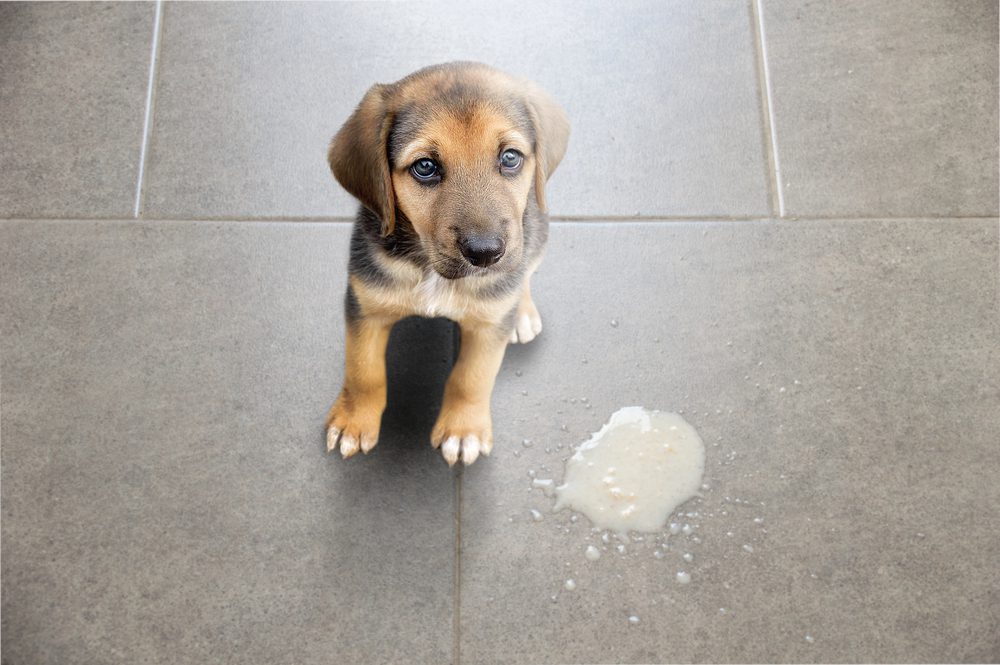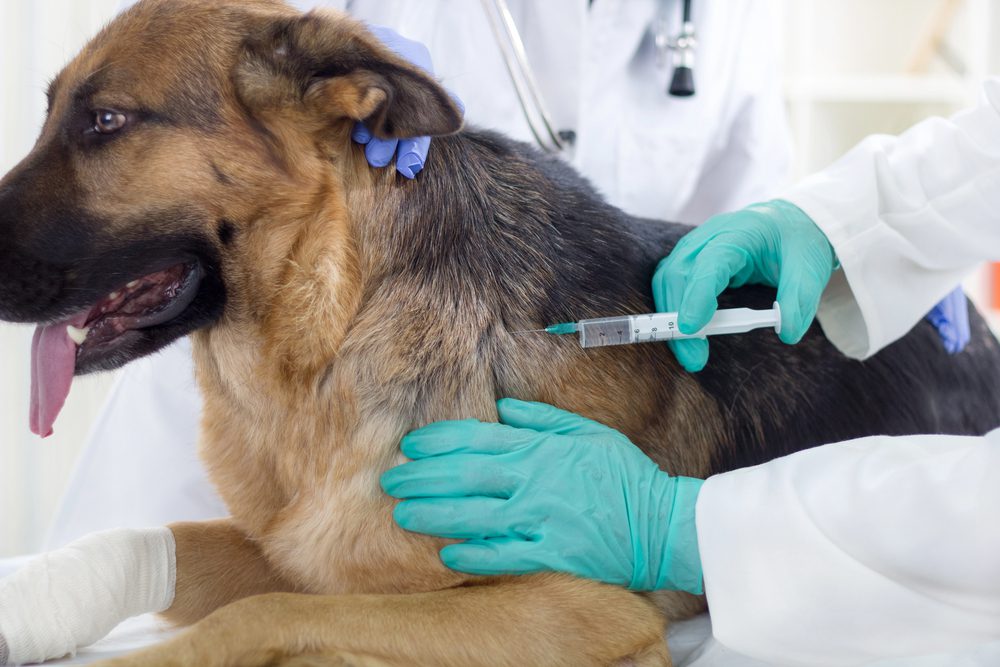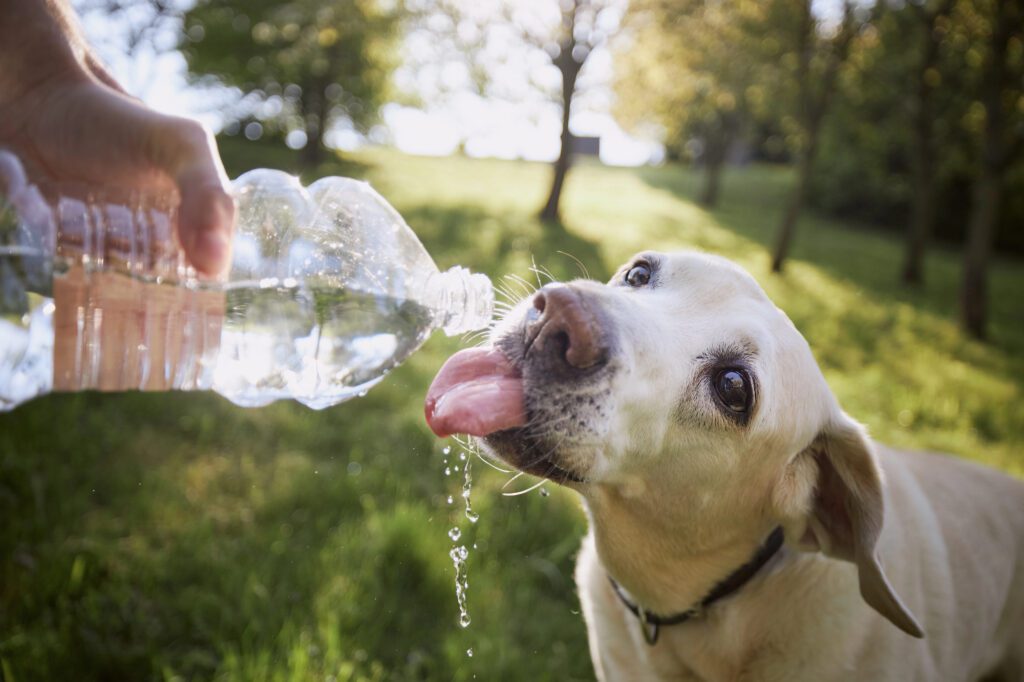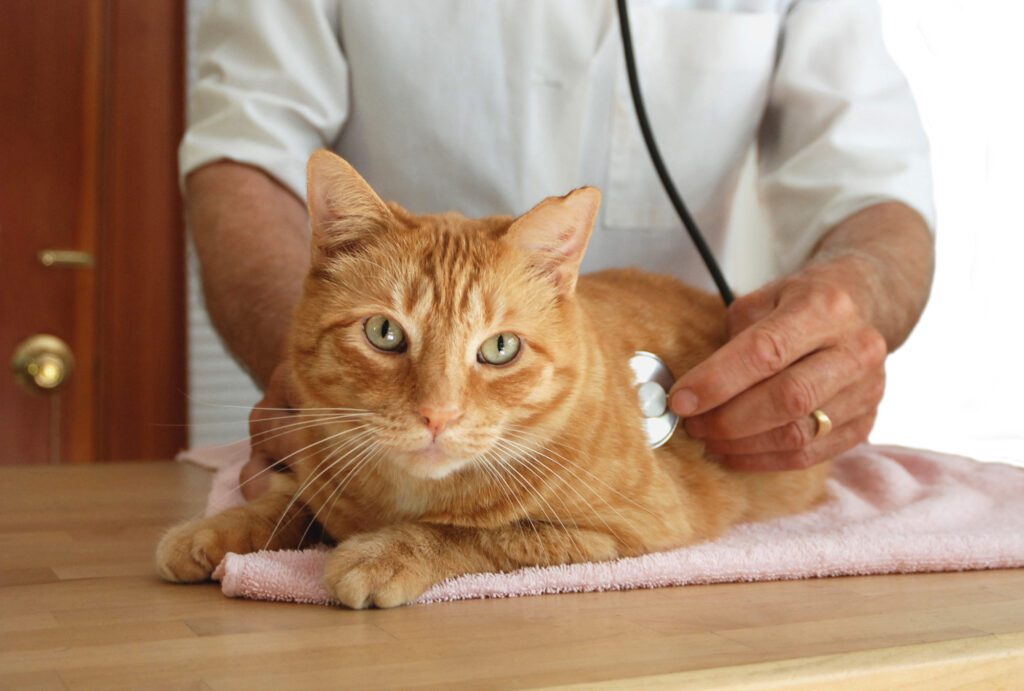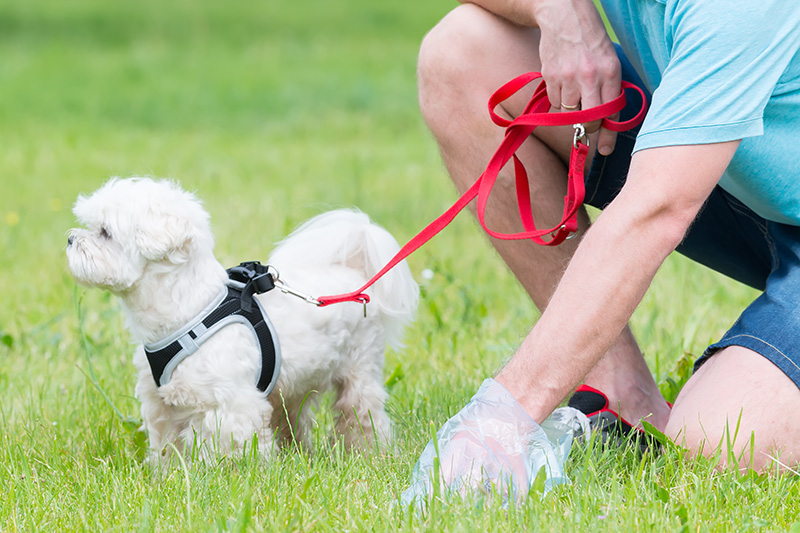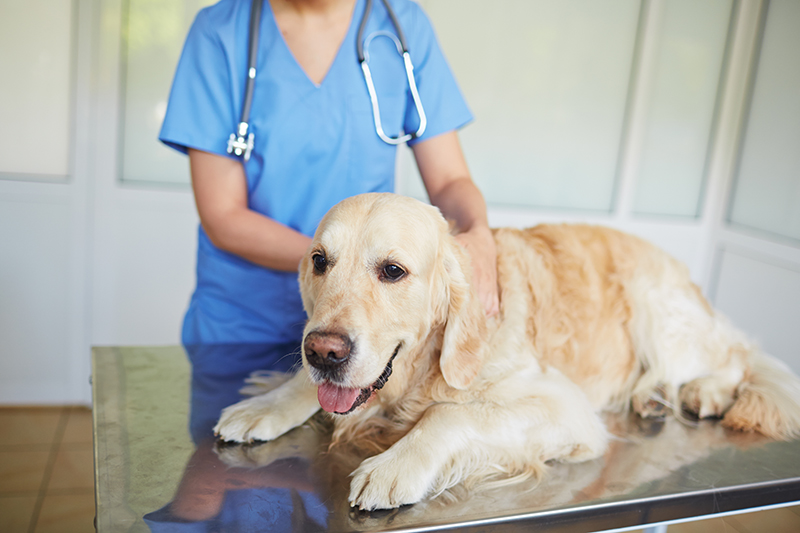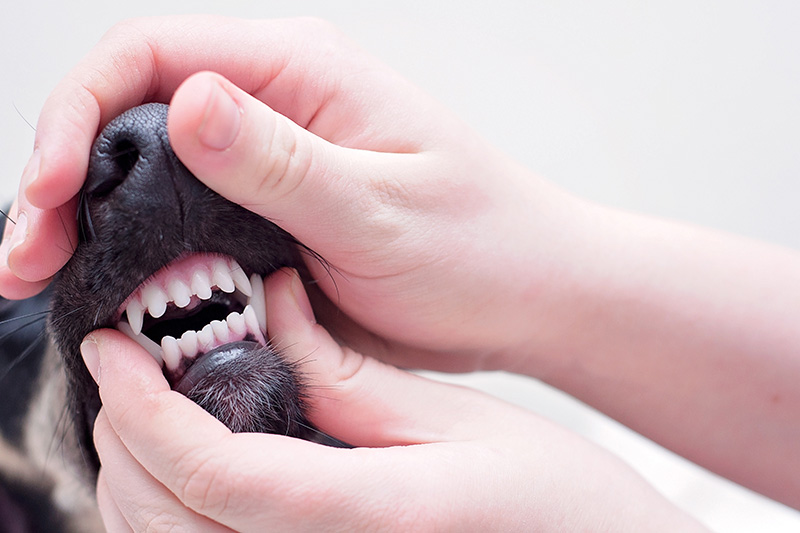Veterinarian
Starting 2026 Strong With New Year Pet Health Resolutions
A new year is the perfect time for a fresh start—not just for us, but for our pets too. At Shallowford Animal Hospital, we see firsthand how thoughtful New Year pet health resolutions can make a meaningful difference in a pet’s quality of life. When those goals are realistic and supported by veterinary guidance, they’re…
Read MoreWinter Pet Care Basics: Keeping Your Dog or Cat Safe in Cold Weather
Winter may look different from year to year, but colder temperatures, wind, and dry air can still pose real challenges for pets. At Shallowford Animal Hospital, we believe that winter pet care basics start with awareness—understanding how cold weather affects your dog or cat and making small adjustments that go a long way toward protecting…
Read MoreWhy Is My Pet Vomiting? A Vet’s Guide
As pet owners, few things are more distressing than seeing our beloved companions unwell. One of the most common questions we hear at Shallowford Animal Hospital is, “Why is my pet vomiting?” It’s a concern that sends a ripple of worry through any pet parent, and for good reason. Vomiting can be a simple, one-time…
Read MoreUnderstanding Pet Vaccinations: What Your Pet Needs and When
At Shallowford Animal Hospital, we know that pet vaccinations are one of the most important ways to protect your furry family members from serious illnesses. Every pet is unique, and knowing which vaccines your dog or cat needs—and when—helps us keep them healthy and happy for years to come. If you’re unsure about your pet’s…
Read MoreUnderstanding and Managing Separation Anxiety in Pets
As pet lovers, we know how much our furry friends mean to us. But sometimes, when we have to leave them alone, they can struggle more than we realize. Separation anxiety is a common issue many pets face, and it can seriously affect their happiness and well-being. If you think your pet might be dealing…
Read MoreTop Summer Pet Safety Tips Every North Carolina Pet Owner Should Know
North Carolina summers can be hot, humid, and full of outdoor fun, but they can also pose some serious risks for our furry friends. From heatstroke and dehydration to burnt paw pads and fireworks anxiety, pets face unique challenges when the temperatures rise. That’s why it’s essential to know how to protect them with summer…
Read MoreWhy an Annual Pet Exam Matters for Your Pet’s Health
Your furry friend might look perfectly fine, but what’s happening beneath the surface? Pets are experts at hiding discomfort, and many health issues show no visible symptoms until they’re advanced. This is where the importance of an annual pet exam comes into play. An annual exam is a visit to your veterinarian designed to monitor…
Read MoreCoccidia
What is Coccidia? Coccidia is a single-celled organism that can infect cats and dogs through contact with fecal matter containing the parasite. A pet can become infected by eating contaminated soil, drinking contaminated water, or licking paws and fur that has come into contact with infected feces. These tiny-celled parasites live in the wall of…
Read MoreGiardia
What Is Giardia? Giardia is a single-celled microscopic parasite. It can live in the intestines of dogs (and other animals, including cats and humans) and cause severe gastrointestinal disease. Giardia can be an important cause of illness, especially diarrhea, in animals and people. However, the majority of dogs infected with Giardia do not have diarrhea,…
Read MoreFebruary is National Dental Health Month
Your pet’s oral health plays a significant part in ensuring a long and healthy life. Periodontal disease can not only damage your pet’s teeth and gums but their internal organs as well. Most periodontal disease occurs below the gum line where you can’t see it. Bacteria that you can’t see can damage the tissues connecting…
Read More


